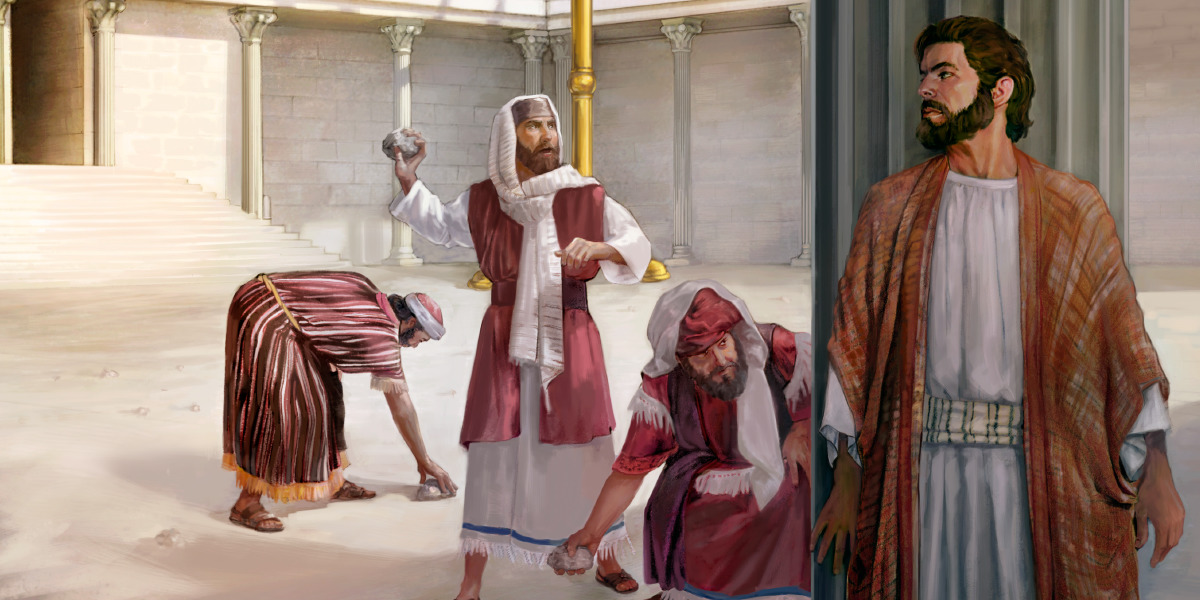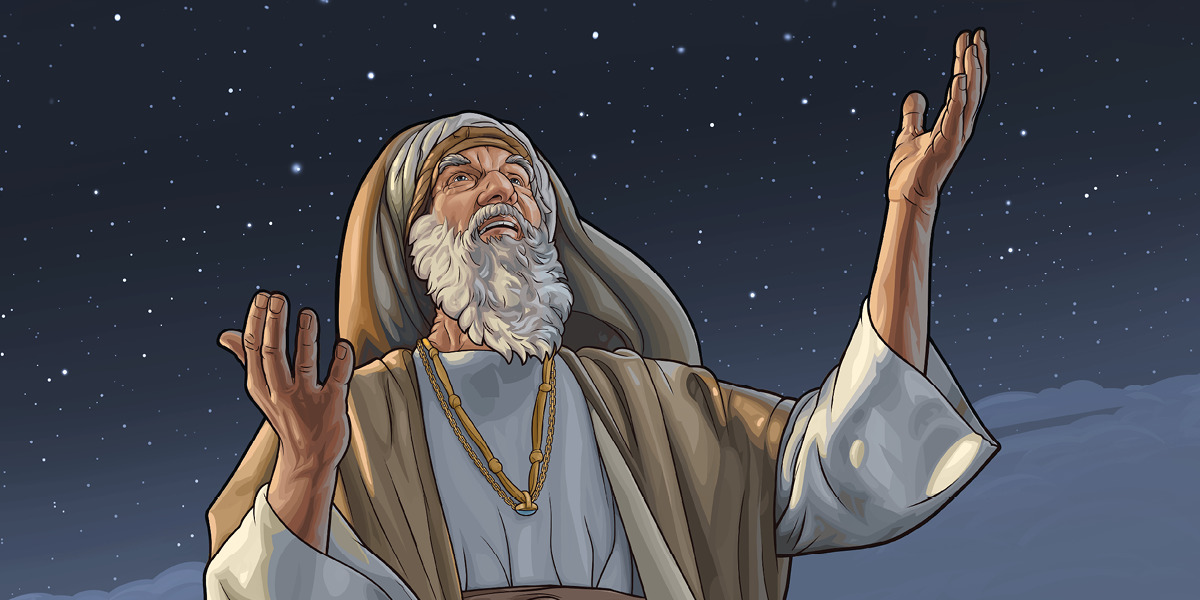Reflection for
Wednesday of the Third Week of Easter
(Acts 8:1-8; Jn
6:35-40)
Up until now, the Church was doing
well in Jerusalem. With the death of Stephen, the virus of persecution that had
been incubating began to spread. Lifeless body of Stephen seemed to them like
the death of Christianity. Since death is their finality, the death of any
member would be their victory. Saul who supervised the martyrdom of Stephen now
took the central stage. He went house to house to fish out members. What a
commitment to destroy Christianity! So the members fled Jerusalem to Judea and Samaria.
 “Now those who were scattered went
about preaching the word. Philip went down to a city of Samaria, and proclaimed
to them the Christ.” This is a sign that they did not bear grudge against their
persecutors. They accepted it with joy as part of their sharing in the
sufferings of Christ (Acts 5:41). Grudge, enmity, hatred and unforgiveness draw
us backwards in every aspect of our lives. When parents teach their children to
hate, they sow a seed that would draw them backwards unless uprooted. The
Church spread more. Philip performed more miracles, and great multitudes
believed through him.
“Now those who were scattered went
about preaching the word. Philip went down to a city of Samaria, and proclaimed
to them the Christ.” This is a sign that they did not bear grudge against their
persecutors. They accepted it with joy as part of their sharing in the
sufferings of Christ (Acts 5:41). Grudge, enmity, hatred and unforgiveness draw
us backwards in every aspect of our lives. When parents teach their children to
hate, they sow a seed that would draw them backwards unless uprooted. The
Church spread more. Philip performed more miracles, and great multitudes
believed through him.
The capacity of the Church to strive
even in the midst of harsh persecutions is another evidence of the
resurrection. “I am with you always, even to the end of time” (Mt 28:20). It is
only with the grace of the resurrection that the Church can climb on that which
ought to bring it down to rise to new heights. This is the grace we share
individually as members of the Church. Every obstacle we face will become a
stepping stone to climb to new heights if only we remove our eyes from revenge,
grudge, etc.
That is why we must always
contemplate the risen Jesus to be strengthened. “I am the bread of life; he who
comes to me shall not hunger, and he who believes in me shall never thirst.” He
assures of eternal nourishment, which no persecution or life-problem can take
away. It is by faith that we enter into Christ to share in the grace to move
forward in every circumstances. “For this is the will of my Father that everyone
who sees the Son and believes in Him should have eternal life; and I will raise
him up at the last day.” The assurance of life Jesus gives over whelms us more
than the threat of death and opposition we face each day. Today we see through situations
in our lives that tend to limit us or project death, to deepen our hope in
eternal life. Then our capacity to be unlimited,
nourished through the Eucharist, will shine out.
Fr Jude C. Nwachukwu, C.Ss.R
Saints Peter & Paul Catholic
Church,
Tedi-Muwo, Lagos.
Wednesday April 29th,
2020.
Memorial of St Catherine of Siena.
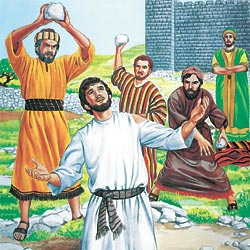
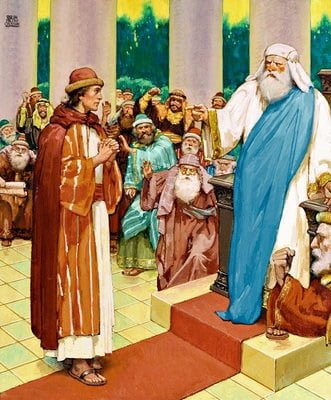
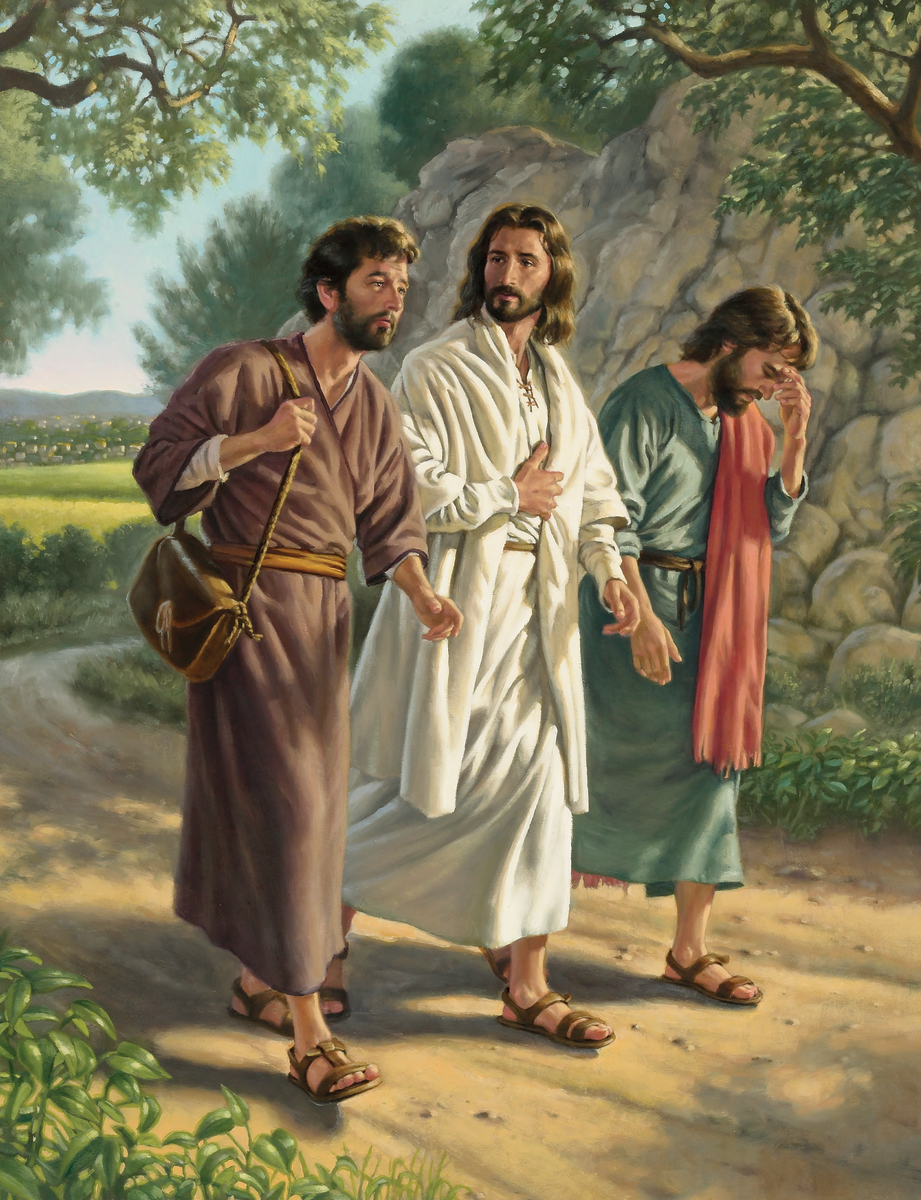
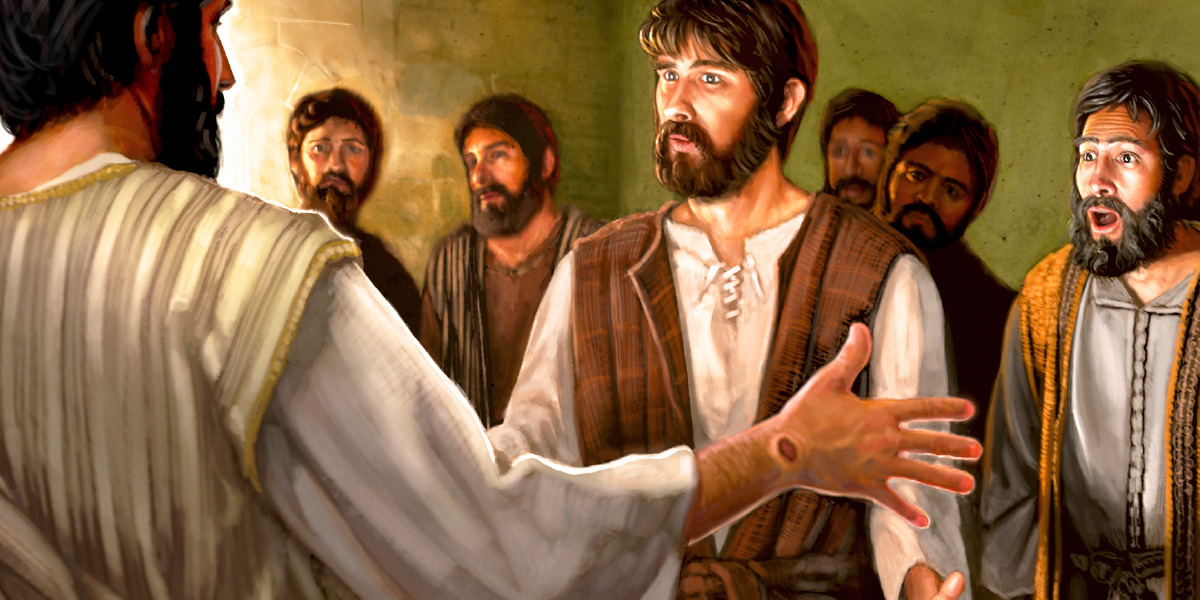

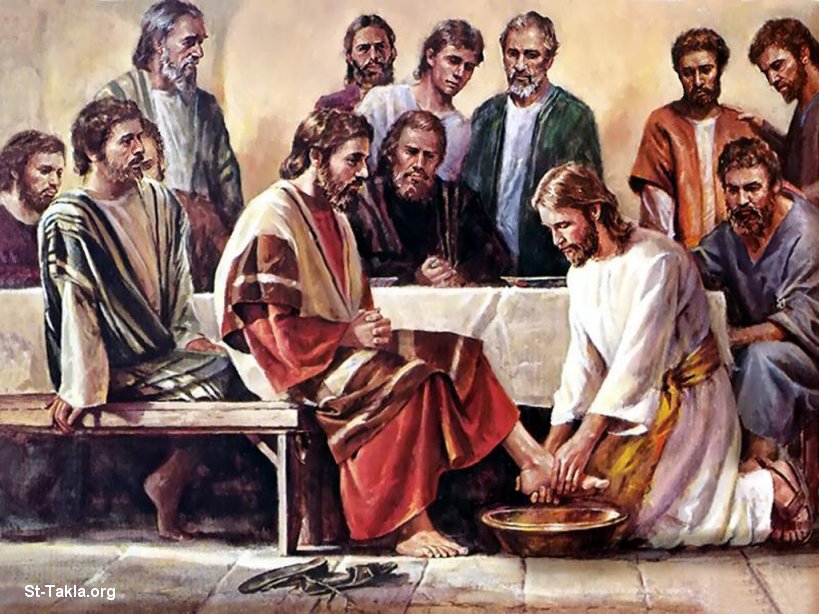
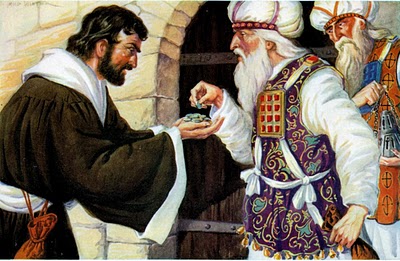
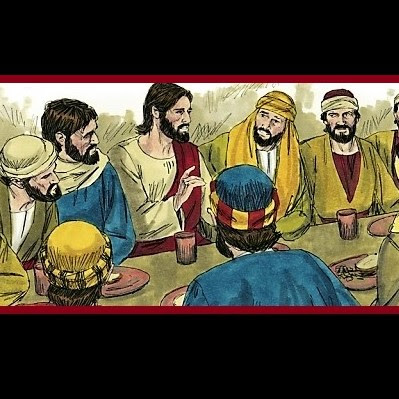
![John [12:1-11] Jesus Anointed at Bethany - YouTube](https://i.ytimg.com/vi/WbqrGZg7y4Y/maxresdefault.jpg)

